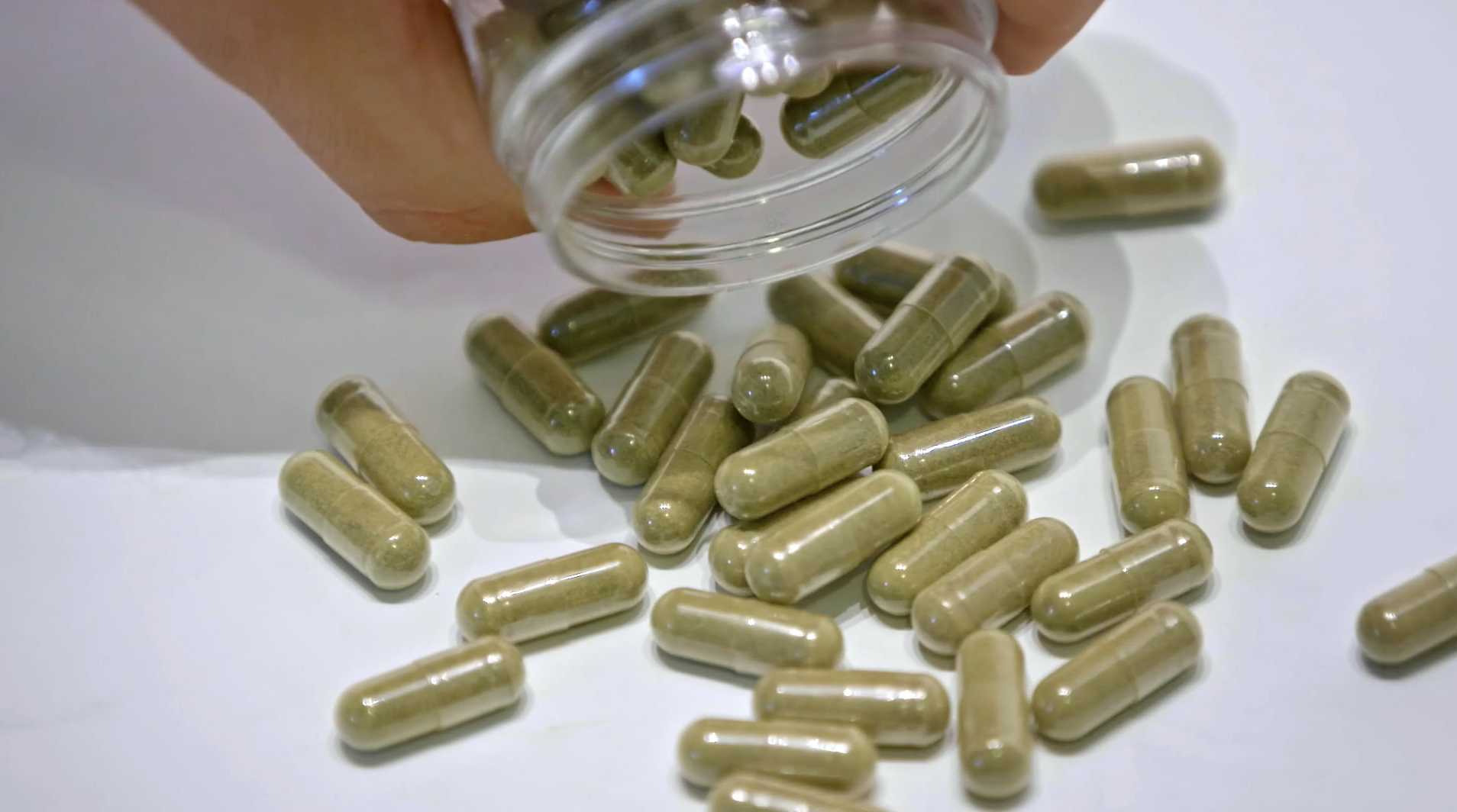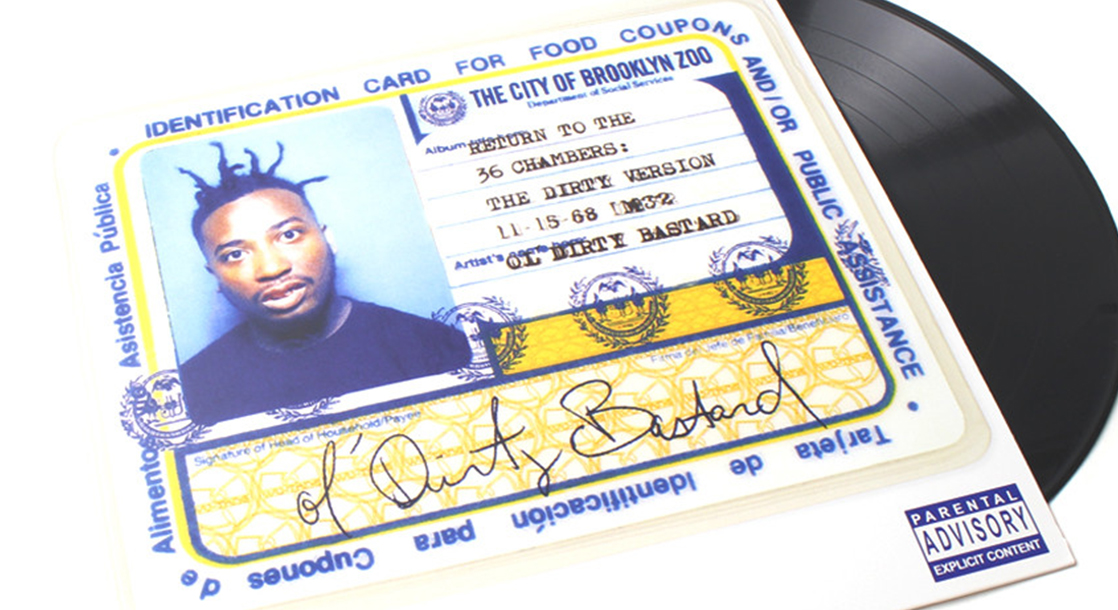In 2017, drug overdoses claimed 72,000 lives, with 30,000 deaths attributed to misuse of fentanyl, a prescription painkiller. It is what is being widely referred to as an opioid crisis. But documentary filmmaker Chris Bell says what we actually have is a “pain epidemic,” and he believes the U.S Food and Drug Administration (FDA) is trying to criminalize a potential solution: kratom, a natural herbal supplement that many opioid addicts — including Bell himself — say helped them get over their dependence on pharmaceutical pain medication.
In his new documentary, A Leaf of Faith (out now on Netflix), Bell — a professional powerlifter-turned-filmmaker — explores the properties of kratom, a leaf that comes from the mitragyna speciosa tree, a relative of the coffee family native to Southeast Asia. Kratom users say the plant, which can be consumed via teas, capsules, or in powdered form, helps relieve pain, stress and anxiety. Many users also report success in using it as an alternative to opioids, helping wean some addicts off the habit-forming class of drugs.
But scientific research on kratom, which is currently sold as a dietary supplement, is scant, and misconceptions about kratom usage abound: In the most recent controversy, a Florida mother is suing a kratom tea bar because she alleges the substance inflicted brain damage to her 19-year-old daughter. FDA Commissioner Scott Gottlieb has announced intentions to classify it as a Schedule I drug, but many scientists believe his motives are informed by “junk science.” Public protest led to the last-minute defeat of a similarly proposed ban in 2016, but the FDA has claimed as recently as this week that kratom’s “potential for abuse” is cause for concern. For followers of the movement to end cannabis prohibition, this narrative should sound very familiar.
In A Leaf of Faith, Bell talks to kratom’s harshest critics and fiercest advocates to suss out the truth about the controversial plant and its growing popularity in the U.S. He recently spoke with MERRY JANE about how he discovered kratom, why he thinks the FDA has the wrong idea about it, and what people can do to help keep kratom legal.
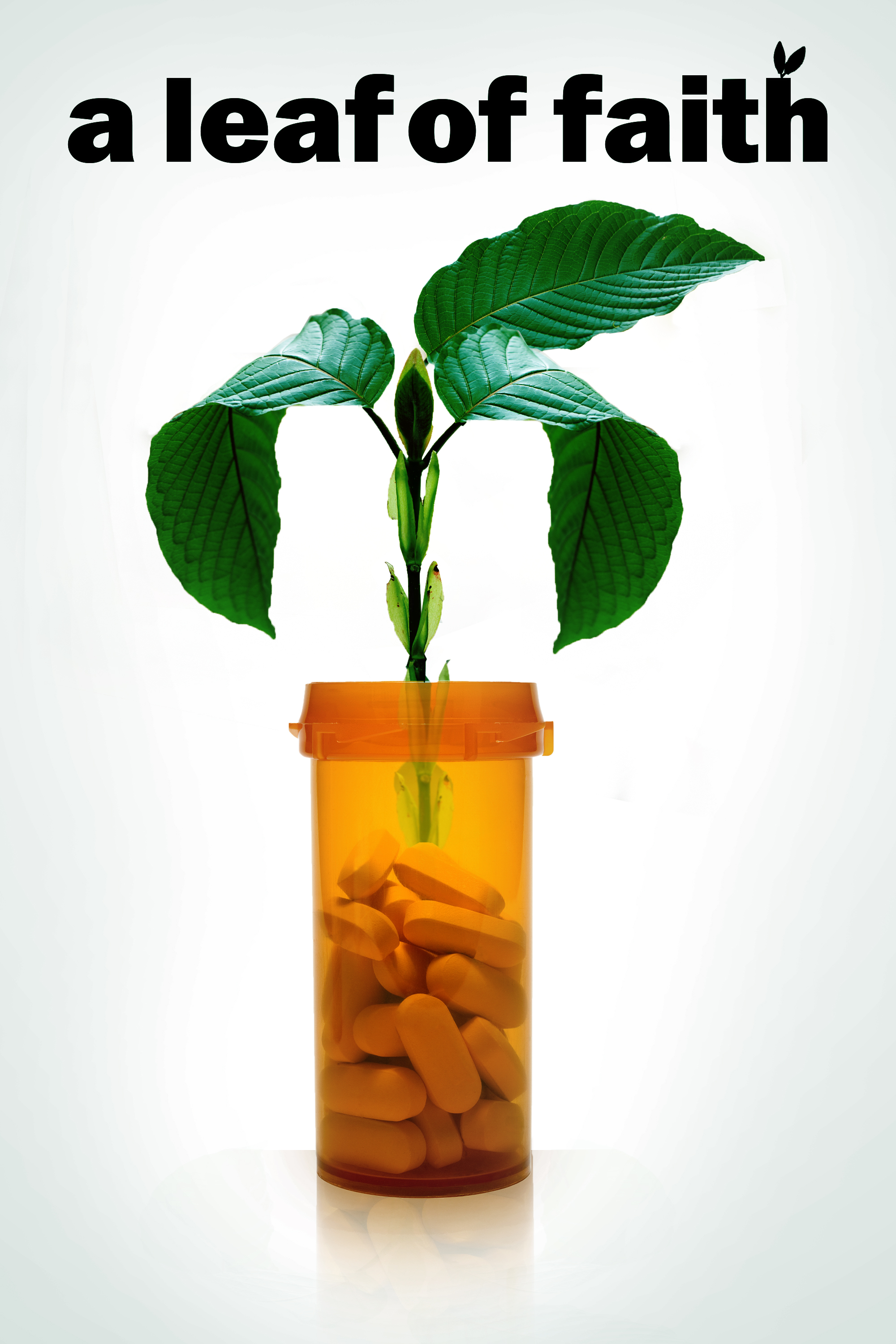
This interview has been edited for length and clarity.
MERRY JANE: Tell me about the injury that led to a) your opium addiction; and b) your recovery from opium addiction, which eventually led you to discovering kratom.
Chris Bell: I was a powerlifter — I was a really good powerlifter. I weighed about 220 pounds; my back squat was 675 pounds. I had over 500 pounds on my back three days a week, every week. I was lifting a lot of weight. At the time, I didn’t know that I had a genetic condition that my father had, which was basically that the cartilage in his whole body was wasting away.
When I was 35, I had a complete double hip replacement surgery. After I got that surgery, I was told, “Oh, you’ll be fine, everything will be okay.” And for two years, I was in a lot of pain. And then… there was a recall on the hip parts — they recalled my hip joint, and I had to go in and have it replaced again. So I was already a prescription drug addict for two years, and I had to have another surgery on top of that.
The addiction got worse. I was actually in the middle of making my film Prescription Thugs, because I was really angry with the pharmaceutical industry. I was really upset that I got hooked on these drugs that were supposed to help me, and halfway through that movie, I relapsed on prescription drugs and went right back down that path again. I ended up going to rehab and getting clean and getting better, but the problem is when I got out of rehab, I was still in a ton of pain.
For me, it was a journey of, “How do I get out of pain?” There’s a subject in Prescription Thugs, named Horseshoe a.k.a. Matthew Wiese — he used to be a wrestler for WWE. He would take up to 90 pain pills a day. He had a massive stroke. There’s a lot of residual effects that come with a stroke. The number one is cognitive decline. You talk slower, you act slower, everything like that. But I saw Horseshoe shortly after the premiere of Prescription Thugs, and he was doing great. And he asked me, “Have you ever tried this stuff called kratom?” I’d heard of it while I was making Prescription Thugs, and I tried it once but it didn’t get me high, so I thought it didn’t work. I thought that was the intention, because I was still a drug addict when I took it.
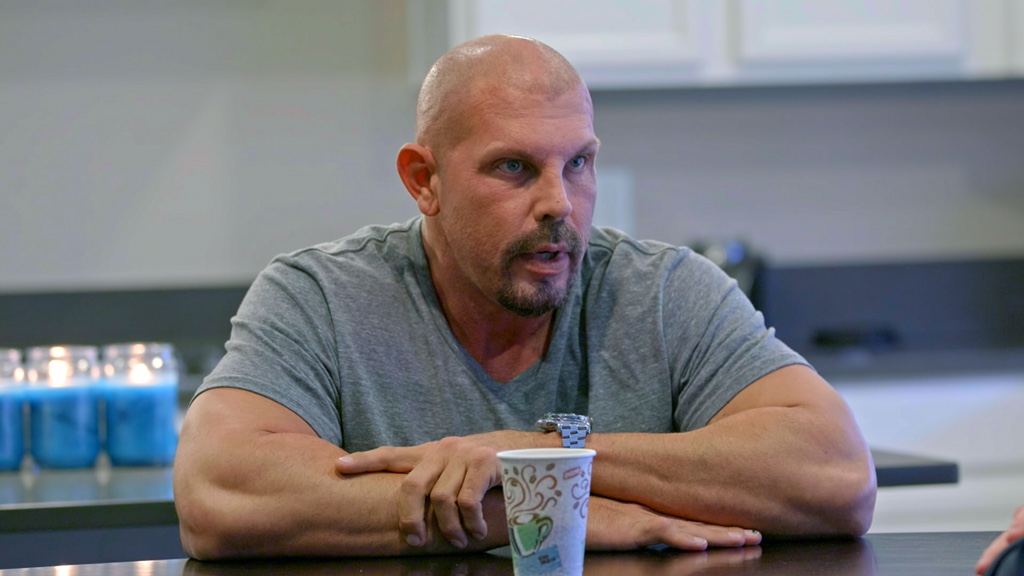
Former WWE wrestler Matthew Wiese in "A Leaf of Faith"
And what are some of the common misconceptions that surround kratom, or misconceptions that you encountered while making this documentary?
That it’s as addictive as opioids. And I think that we need to be honest in our discussion of addiction and what that means at different levels. So coffee is very addictive; sugar is highly, highly addictive — eight times as addictive as cocaine. We don’t see people knocking over liquor stores to get a candy bar. And we don’t see the kind of erratic behavior out of kratom users that we see out of opioid users.
How do you specifically ingest kratom? In what dosage and in what form?
The way that I take it is the capsule form. I’ll take anywhere from 2 to 6 capsules every morning. And you gotta remember that when you’re taking capsules, these aren’t pharmaceutical grade drugs. This is a plant. So you don’t need a lot of it to be effective, but if you do use more of it, I wouldn’t feel bad about it or be worried about it, because it’s not like it’s toxic at those levels.
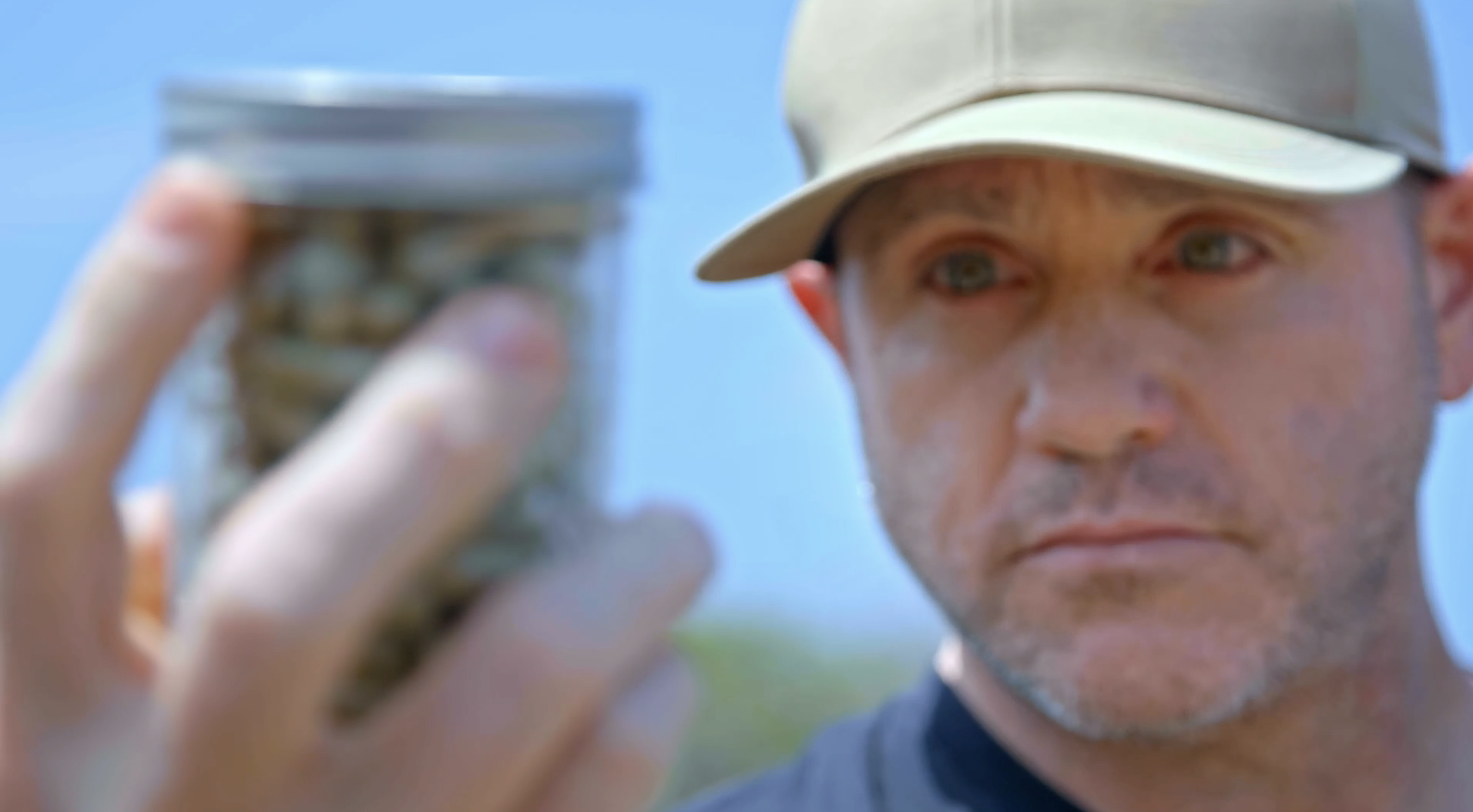
Filmmaker Chris Bell in "A Leaf of Faith"
How do you feel it improves your day-to-day health?
I track a lot of things in the gym, so you know, right now I just got done doing an hour of cardio on the StairMaster. If you’ve ever done that, it’s probably the most brutal thing that anyone with two good legs can do. And I have two fake hips, I have arthritis pretty bad, and I just did that and I feel great. I feel amazing. So that’s the way in which it helps me: It puts a little pep in my step, gets me off the couch and doing what I like to do. If people say, “Aren’t you just masking pain?” — I say no, because I am on an eating plan that is completely repairing my body. So I am taking a multi-prong approach to this.
Do you expect that the federal government will schedule or ban kratom this year as many people are fearing?
The head of the FDA tweeted the other day that there’s a lawsuit now that some girl got brain damage [allegedly] because of kratom at a kratom bar. And it’s like… here’s a medical professional in the United States, tweeting out hearsay about a case that hasn’t even happened. There’s no conviction, we don’t even know that this girl took kratom yet, and he’s tweeting it out as fact. And that’s the problem — there’s definitely an agenda here.
Dr. Scott Gottlieb [head of the FDA] used to be on the payroll for a fentanyl company. And his boss was a big prescriber of fentanyl as well, which is like the number one opioid killer. So you have these guys that used to be in the opioid industry, now disrupting the kratom industry.
[We have] beaten the ban before, and now we just have to beat it again. And I think that we will.
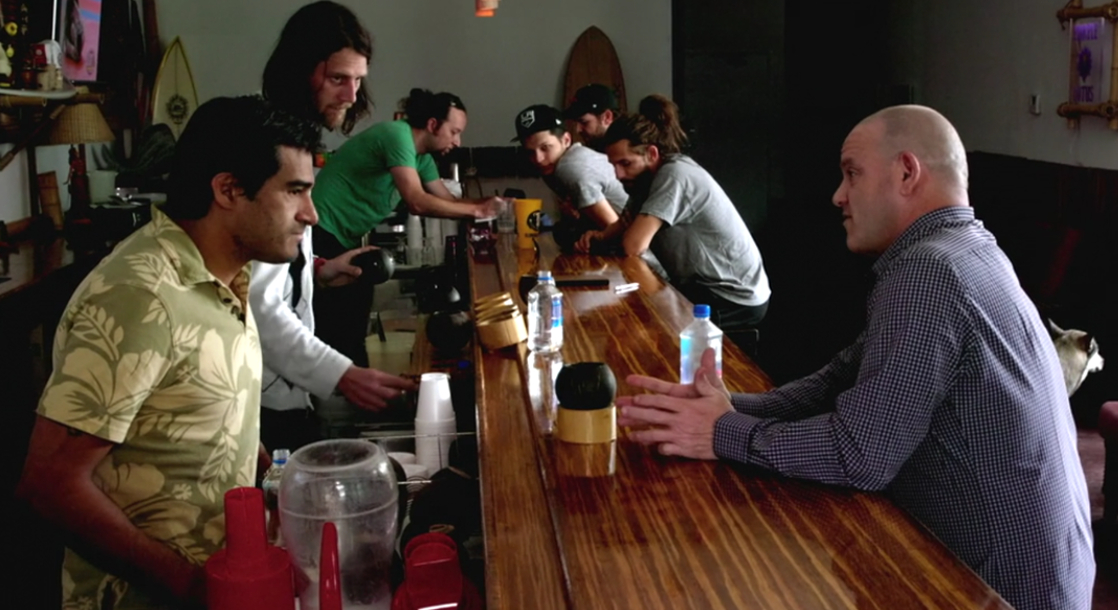
Chris Bell visits a kratom bar in "A Leaf of Faith"
What do you recommend people do to push back against the criminalization of kratom?
Twitter is a powerful tool, and it’s evidenced by our president. You know if you can tweet and you can compose these little 140 or 280-character pieces of dynamite, that’s all people have time for now.
You can call your congressman and say, “I want to keep this plant legal, it’s very effective for me.” You can ask for meetings with them.
In the film, you talked about using the kratom brand Urban Ice Organics [note: the founder of Urban Ice, Kelly Dunn, is an executive producer of the documentary, and Bell is also involved] because it’s the cleanest form of kratom you’ve found and because they test their kratom. You also talk about the concerns with regulation, and the fact that some of the adverse effects attributed to kratom were actually the result of contaminated product. So how would you like to see it regulated in the interest of consumer safety?
There’s two issues here: I’m mad about how the FDA is handling it, but I’m also mad about how the kratom industry is handling it. As of now, people are just selling straight-up kratom [without testing or proper packaging].
What Urban Ice did is they created a manufacturing arm, a partnership, where [a kratom manufacturer] can come to us for a consultation, and we’ll consult with them [for a nominal fee]. We can get them completely set up to be GMP [Good Manufacturing Practice].
I’m a little bit torn. In order to get something to be legal to use in a medical setting, it needs to be approved by the FDA as a drug. And while we want to be able to use it in a medical setting, the process of getting it approved as a drug is just so crazy and difficult. I don’t necessarily know exactly what the answer is. I know I want to see it regulated as a dietary supplement and be able to be sold as a dietary supplement, while we advance science and figure out what to do with it.
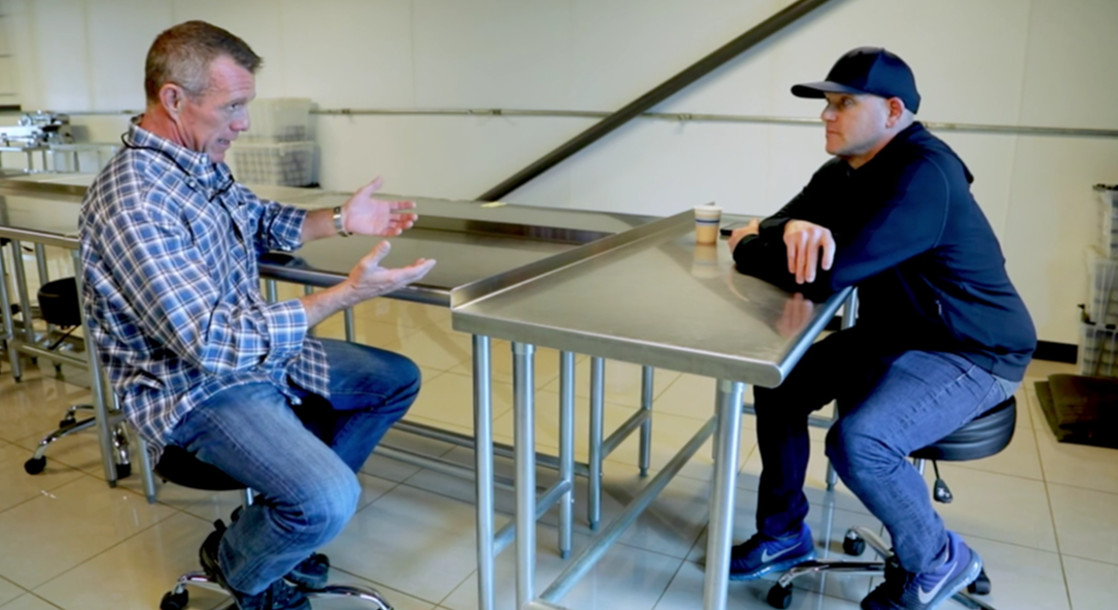
Chris Bell talks with Kelly Dunn, a kratom distributor
I would be the first person to say, “Take it off the shelves if it actually killed someone.” And you also gotta put that into perspective about actually killing somebody — how many people die every single day from opioids and nobody says anything about it? So when Scott Gottlieb tweets about kratom deaths, I just tweet him back, “72,000 people died on your watch last year from drug overdoses. What are you doing about that?” He’s ignoring the real problem over and over and over, and that’s what we need to discuss.
The next question I have is about cannabis, because many opioid users report it serving as an effective substitute for prescription painkillers. What are your thoughts on medical marijuana as an opioid replacement, and about cannabis legalization at large, especially given that kratom could potentially be classified as a Schedule I drug, just like cannabis?
I’m with my good friend Joe Rogan on this: The more people that smoke marijuana, the better a society we will have. The more people that take kratom, the better society we will have.
I was really intrigued by something you said in the documentary: “We don’t have an opioid epidemic, we have a pain epidemic.” Could you explain that a little bit?
Everybody is in pain. A lot of people don’t know this, but we can’t distinguish emotional pain from physical pain. We can’t measure that in the body. When I say a pain epidemic, it’s all sorts of pain. The pain of my hip surgery is one thing, the pain of losing my brother had a much more profound impact on me than the actual physical pain of anything else.
We’re treating the wrong thing. We’re trying to fix an opioid crisis, but what we should try to do is get people out of pain. It’s like, we need to treat the pain, not the opioid addiction. I want to get people thinking positive: not only how I can help myself get out of pain, but how can I help my fellow man get out of pain. Because the more my neighbor is out of pain, the better time we’re going to have together.


